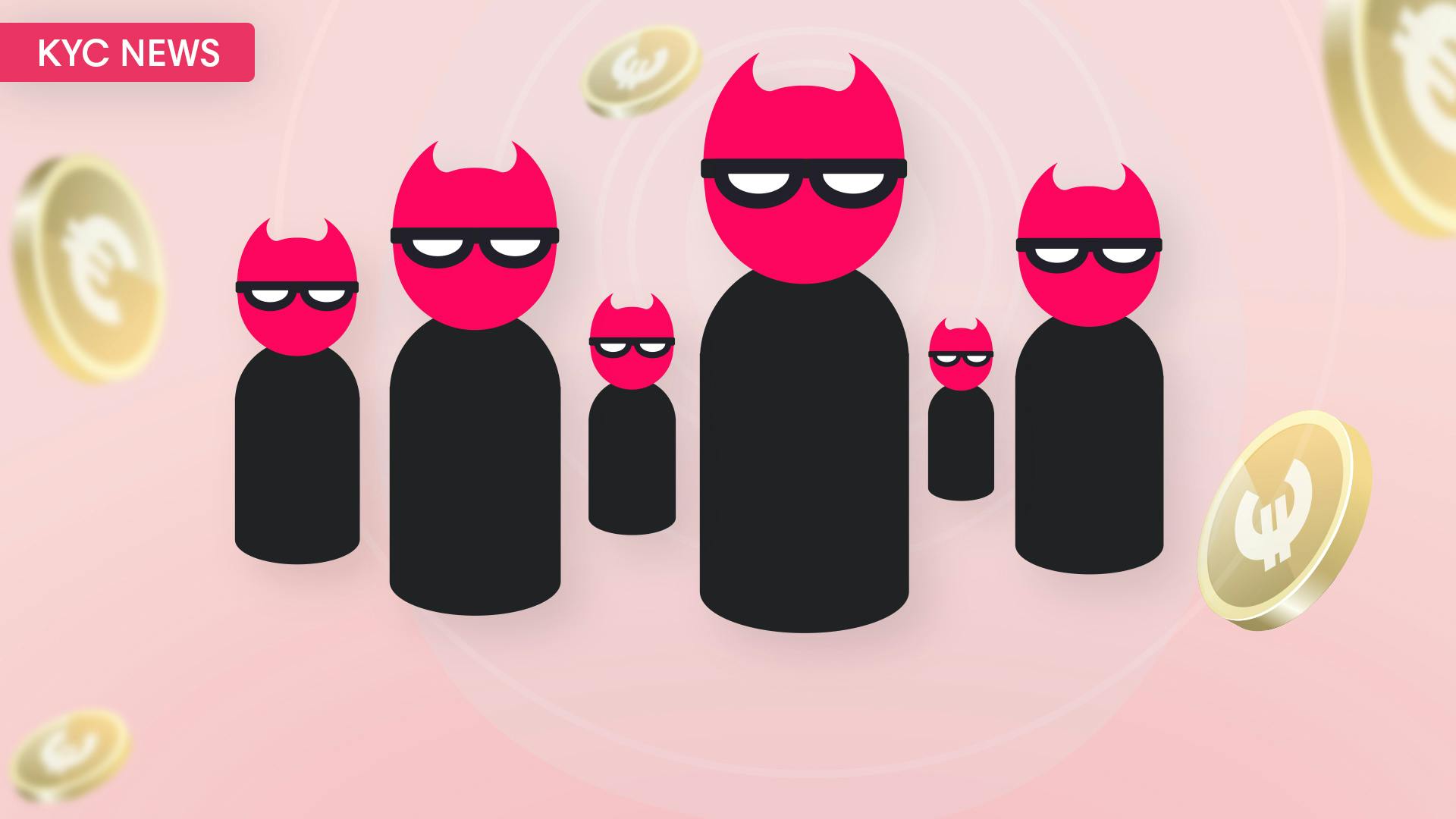UK Government Announces New Economic Crime Levy
As the title suggests, the British government has drafted legislation to create an Economic Crime Levy to help fight financial crime. Read below about who it affects, and when it will be introduced.

The Treasury recently published draft legislation introducing an economic crime levy on anti-money laundering (AML) regulated businesses under the Money Laundering, Terrorist Financing and Transfer of Funds Regulation 2017.
The new Economic Crime (Anti-Money Laundering) Levy aims to fund the fight against economic crime and will raise £105 million annually by 2026-27.
Who will the new levy affect?
The levy will be paid by entities that are classed as ‘medium’, ‘large’ or ‘very large’ in size based on their UK revenue. These are classified in the following ways:
- ‘Medium’ entities will have revenues of more than £10.2 million but not more than £36 million in the relevant accounting period
- ‘Large’ entities will have revenues of more than £36 million but not more than £1 billion in the relevant accounting period
- ‘Very large’ entities will have revenues of more than £1 billion in the relevant accounting period
The levy will be paid as a fixed fee. All small entities (with less than £10.2 million in UK revenue) will be exempt from paying the levy, while medium entities will pay £10,000; large entities £36,000; very large entities £250,000.
Businesses expected to be impacted include:
- Credit institutions
- Financial institutions
- Auditors, insolvency practitioners, external accountants and tax advisers
- Independent legal professionals
- Trust or company service providers
- Estate agents and letting agents
- High value dealers, casinos, auction platforms and art market participants
- Cryptoasset exchange providers and custodian wallet providers
It is estimated that the levy will affect around 4,000 entities, who will need to self-declare their levy status.
When will the levy come into effect?
The levy will first be charged in the financial year running from 1 April 2022 to 31 March 2023. It will be charged to any medium, large or very large entity that has been regulated for anti-money laundering purposes at any point during that year.
It will be paid by in-scope entities at the end of the financial year, which means that the first payments will be due in the financial year 1 April 2023 to 31 March 2024.
Ensure AML compliance with Veriff
Our AI-powered AML compliance tool can help you fight financial fraud. Through identity verification, PEP and sanctions checks, adverse information and media screening, and ongoing monitoring, you can ensure that your customers are exactly who they say they are.
With the help of our AML and KYC compliance tool, you can fight financial crime and show regulators that your business takes financial crime and compliance seriously. Interested in learning more? Schedule a demo today.


